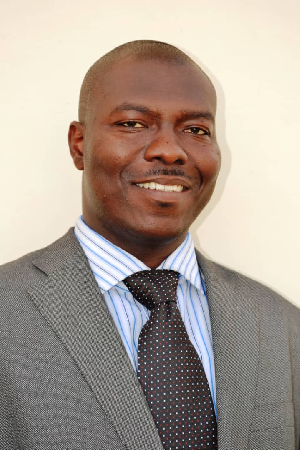- Home - News
- TWI News | TV
- Polls
- Year In Review
- News Archive
- Crime & Punishment
- Politics
- Regional
- Editorial
- Health
- Ghanaians Abroad
- Tabloid
- Africa
- Religion
- Election 2020
- Coronavirus
- News Videos | TV
- Photo Archives
- News Headlines
- Press Release
General News of Saturday, 6 September 1997
Source: --
Northern, Upper-East, Upper-West Regions Not Covered By Pension Scheme?
- Tamale, Sept 4, A survey conducted by the Social Security and National Insurance Trust (SSNIT) has shown that more than 95 per cent of workers in the Northern, Upper East and West regions are not covered by the National Pension Scheme. This was disclosed by Mr E.N.A. Adjei, Deputy Director-General of SSNIT, at a seminar organized in Tamale. The seminar, which was organized by SSNIT and attended by a cross-section of employers from both the public and private sectors was aimed at educating employers on the need for an insurance scheme for their employees. Mr Adjei said the survey showed that out of a working population of more than 1.7 million in the Northern region, only 25 per cent representing 2.6 per cent of the working population had been registered with SSNIT. This indicates that 97 per cent of the economically active people in the region would not rpt not benefit from the national pension scheme when they retire from active service. In the Upper East region, Mr Adjei said only 14,346 or 2.4 per cent of a working population of 585,491 have been registered under the SSNIT pension scheme. Mr Adjei said in the Upper West region, only 10,700 or 3.3 per cent of the working population of 317,685 have been registered with SSNIT. He described the situation as critical, saying a majority of workers in these three regions today have no future protection and that much needs to be done to bring them under the scheme . " The reluctance of most employers to take advantage of the SSNIT pension scheme today, will breed a lot of destitutes who could become a burden on society." He urged employers to register their employees to save the nation from such a calamity and also advised workers to ensure that they are registered under the scheme. Mr Adjei also said, about 40 per cent of employers presently contributing to the scheme do not rpt not pay regular contributions and urged them to pay their contributions regularly.










